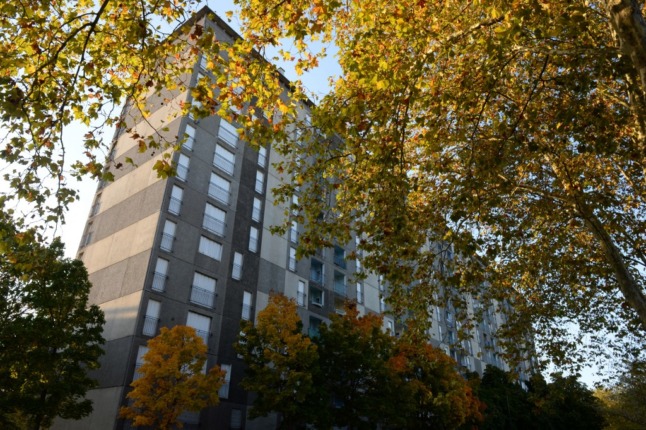As the 2022 Budget is being debated by the French parliament, the government has added a number of measures aimed at boosting the property market.
- Zero percent interest loans for low-income to be extended until the end of 2023
Zero percent interest loans (PTZ) have existed in some form for home buyers in France since the mid 1990s.
In its current manifestation, these loans are available to first-time and low-income buyers, seeking to invest in B2 or C zone properties (which excludes Paris), and not earning above a fixed amount (which varies according the number of people who will live in your future household).
They are available to buy property, but also to do renovations on property that you already own if you bought it less than two years ago.
Those benefiting from these loans must use the purchased or renovated property as their primary residency and must move in as soon as possible. The loans can cover up to 40 percent of the required investment.
These loans were due to be scrapped or reformed by the end of 2022, but will now likely be extended to the end of 2023.
- Zero percent eco-loans also to be extended until the end of 2023
The same goes for the so-called éco-PTZ – which are zero percent interest rate loans that can be used for property renovations aimed at reducing household emissions through insulation or renewable-powered heating.
These loans will be maintained at least until the end of 2023, with the ceiling raised from €30,000 to to €50,000. The éco-PTZ like regular PTZs are issued by banks.
- Denormandie framework extended until the end of 2023
Those buying properties in certain neighbourhoods, to renovate and then rent, can currently benefit from the dispositif Denormandie, which means they see a reduction in income tax (on money generated from the rent).
The purpose of this law is to facilitate the regeneration of various communes in France suffering from under-investment. You can check whether you could benefit via this interactive map.
The Denormandie framework will likely be extended until the end of 2023.
Grants
In addition to the loan options outlined in the Budget, there are also a number of government grants available for home renovations, particularly those that make the property more energy efficient – the largest such scheme in MaPrimeRoniv, which is also available to second-home owners. Full details here.



 Please whitelist us to continue reading.
Please whitelist us to continue reading.
Member comments